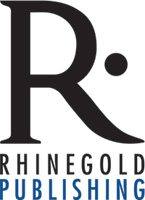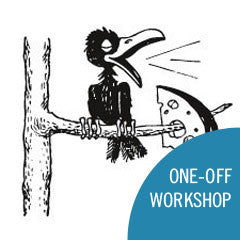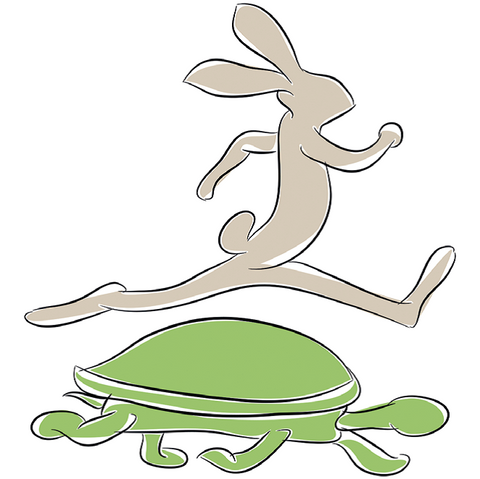
Superheroes
£14.95
This scheme of work was designed for raising boys’ achievement in the classroom, to allow students practical freedom, alongside assisting them to document their work. During my PGCE and first year of teaching, I often observed that half way through a scheme of work boys, more so than girls, have the tendency to become despondent and distracted if a subject matter or scheme does not interest them. Teaching low-ability boys can be challenging at times, in terms of class management, and as a new teacher it can be hard work building relationships with them. As a consequence, I decided to write a scheme of work which would capture young people’s imaginations by incorporating influences from outside the school setting.
The genre of superheroes in the film industry has grown over the past few years and usually appeals to young people. The genre exhibits fast action scenes, compelling storylines and role models performed by famous actors and actresses.
The scheme includes activities which are cross curricular, incorporating subjects such as art, dance and music. The drama techniques and terminology studied in the scheme will give the students a solid base from which to progress to the subjects of drama studies or performing arts they will encounter later in secondary school.
From September 2008 onwards personal learning and thinking skills (PLTS) will be used in the areas of English, mathematics and ICT, asking for six competences:
- Team-working
- Independent enquiry
- Self-management
- Reflective learning
- Effective participation
- Creative thinking
The QCA website states that these ‘competences are most often demanded by employers. Integrating these skills into the curriculum and qualifications will provide learners with a platform for employability and further learning’ (www.qca.org.uk/qca).
Over the past year, teachers of English, mathematics, and ICT have been asked to write these six competences into schemes of work and highlight them to students when teaching. When the students have identified the six areas, they should be able to recognise which competency they have used for a certain task. The school I work in has adopted to use personal, learning and thinking skills across the whole school to allow students to transfer skills in a cross curricular way. During the scheme, I will highlight which competency is being used at each point.
Learning objectives
- To identify the main ideas and concepts presented in the genre of the super hero film and characterisation of a superhero
- To use the techniques of hot-seating and role-play to demonstrate understanding of a superhero
- To work collaboratively to produce a tableau image
- To reflect and evaluate a group’s tableau image and individual performance
- To create and explore a superhero character during the lesson
- To work as part of a team
- To use the drama technique of role-on-the-wall to generate a greater understanding of superhero characters
- To work as part of a team and communicate individual ideas effectively
- To reflect on individual work and that of others and use peer assessment
- To understand the narrative form of beginning, middle and end
- To plan, devise and rehearse a three-minute piece of drama which has a narrative form
- To use the dramatic technique of physical theatre
- To work collaboratively during the rehearsal process to complete an assessment task
- To sustain a superhero character role during a performance piece
- To evaluate and reflect upon individual work and that of others
- To use the dramatic technique of interviewing to question superhero characters
- To sustain a superhero character role during a performance
- To sustain your superhero character role during a performance
- To gain experience of auditioning and using self- and peer assessment
Number of lessons: 6


